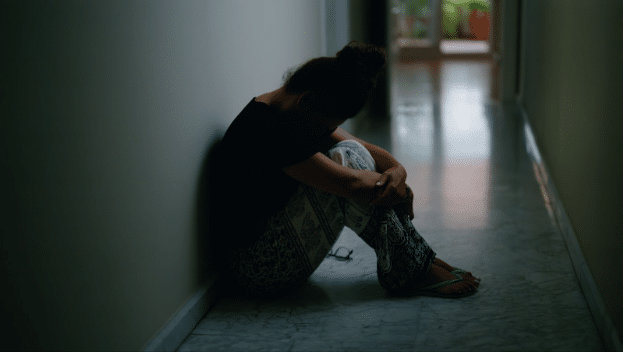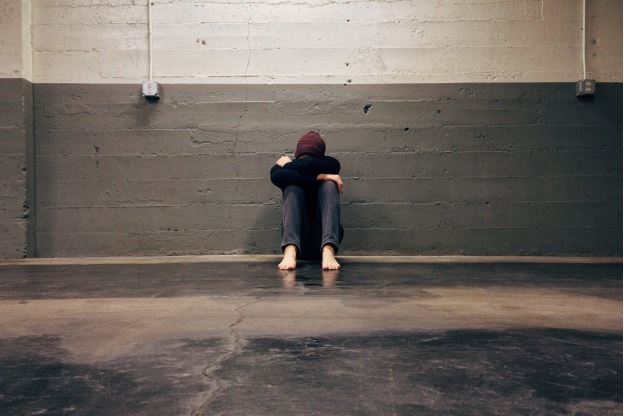
- Psychiatrist in Artesia, PTSD
- 0 Comments
Post-traumatic stress disorder (PTSD) affects individuals across all communities, and Artesia, Los Angeles County, CA, is no exception. Whether the trauma stems from personal history, community incidents, or daily life stressors, those experiencing PTSD must seek dedicated mental health support. If you’re in Artesia, it’s essential to connect with a psychiatrist in Artesia, Los Angeles […]
Read More




